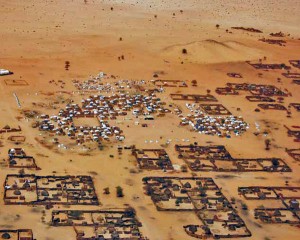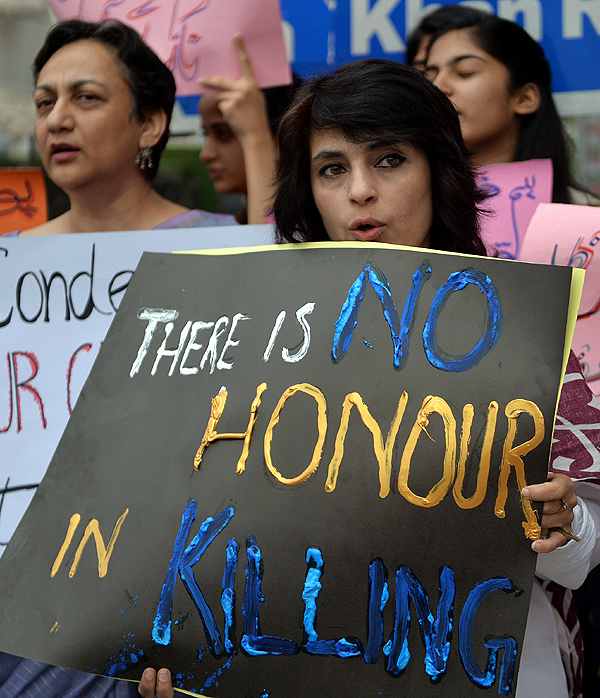Post-conflict Peacebuilding (Part-1)
Tuesday, January 10th, 2012 10:50:57 by Sajjad Hussain
Post-conflict Peacebuilding
The concept of post-conflict peacebuilding has drawn scarce attention in Pakistan even though conflicts of all sorts, including the destructively violent ones, have affected the country. While peacebuilding has many variants around the world, I will
try to specfically focus the Liberalization and Democratization internationally. Divided into three parts, this is a series of article that will attempt to shed light on this concept.
The process of postconflict peacebuilding invariably involves complexities owing to a set of problems the conflict is accompanied with. In many instances, it is the collapse of state institutions that not only exacerbates the conflict,
but also compounds the rebuilding process. It is this potentially knotty situation that forces the states to designate prior attention to both internal and external security.
This, however, does not usually come along with the strengthening of other state institutions. A look at the factors leading to the failure of states corroborates this fact. It is this reason that complicates the postconflict peacebuilding
process.
While the cold war era saw interstate conflicts, post cold war period has been that of “apparently remorseless rise of ethnic and communal conflict”. However, to deal with the conflict of this nature, the world community has yet
to evolve a consensus. Roland Paris underlines this issue, and draws a parallel between the period immediately after World War 1 and the post cold-war years.
His critique of traditional model for post-conflict reconstruction is what one may concur with. Having established peace in countries like Germany and Japan by following Woodrow Wilson’s ideals of democracy (whose one manifestation
was the Marshal Plan that was primarily a program, 1947–51, of the United States for rebuilding and creating a stronger economic foundation for the countries of Western Europe), the vision to implement the same model in conflict-hit areas – almost half-heartedly
– barely bares any fruit.
It is precisely this argument that Paris puts forward with which I agree. He contends that the idea of holding elections in soon after the conflict just enforces the conflict, without bringing any palpable change for peace. Even
if peace is restored, it – more often than not – remains fragile.
The idea to opt for a rather easier solution is neither judicious nor rewarding. However, evidences abound that show how the United Nations, even though enjoying the backing of United States and other powerful states, failed to
establish peace in the areas affected by conflicts.
Parts of this quicker solution were that of Liberalization and Democratization. Apart from the experiments that failed in countries like Namibia, Mozambique, Rwanda, Cambodia, Bosnia, Croatia, Guatemala Kosovo and East Timor,
in my view, even the democratization process of Afghanistan has fallen flat.
The supposedly credible representatives of Afghan seem to have no popular support outside Kabul, and cannot exercise their authority given the rising influence of the Taliban in the country.
On the other hand, removal of the Taliban regime should have brought a sense of security in Afghans which is not the case apparently. The US and its allies, the United Nations and other aid agencies have failed to fulfill the
responsibilities. Their commitment to establish peace, and work for the rebuilding of this war-torn country proved empty promise.
(Continued in part 2)
Tags: , Cambodia, East Timor, Guatemala, kindergaten, Kosovo, Peacebuilding, TalibanShort URL: https://www.newspakistan.pk/?p=8656

















